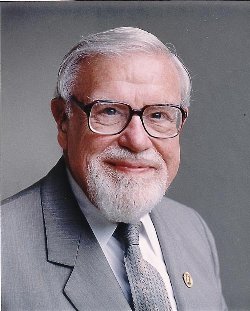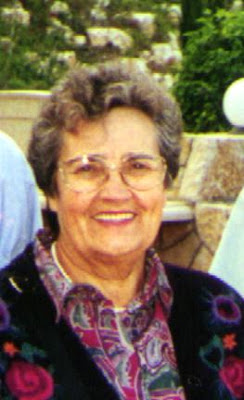Our school uses a synthesis program of authors such as Nina Vlasova, Cecile Lupan, Glenn Doman, Montessori, Masaru Ibuka, Lena and Boris Nikitin.
Knowledge of a second (third, etc.) language, as proved by the whole history of education of children in the intellectual environment and research scientists, psychologists, not only does not interfere with the absorption of the language of the country, but contribute to cognitive development, improve memory, enrich the child’s vocabulary, even helps learning the language of the country of residence. In this case, the child of each language gets more information social and cultural character.
Cecile Lupan
The main purpose of the development of her method Cecile Lupan determined to help advise parents to open a new, magical and unknown world for a child from its birth. Lessons should be short and intense, so that the child is not tired, and did not lose interest. Game – the best way of presenting information to the baby. For a better perception of the need to be accompanied by a demonstration of humorous songs, fairy tales. Generally, C. Lupan insists that parents should talk a lot, sing, read, and talk with children from their birth.
Glen Doman
Glen Doman knew that learning is effective only during the period of brain growth. A human brain grows to seven – seven and a half years, but most of all it grows in the first three years. Throughout his work Glenn Doman has shown that the human potential is huge, even at a very early age children can learn a lot. At the Institute of Glenn Doman children of two, three, four years began to read; they became real scholars, and at the same time, were well developed physically: they swam well, ran, climbed. The creative possibilities of these children were so wide that Glen Doman himself called them children of the Renaissance.
Maria Montessori
Child’s respond to the teacher “Help me do it myself” became a symbol of Montessori’s pedagogy, which called for “give freedom to a personal development” which meant getting rid of its’ lacking. She has worked with children without being the dictator but from their very young age she developed the will of their independent action, special, deeply personal attitude.
Masaru Ibuka. “After three it’s too late”
This surprisingly good book does not make stunning statements. The author simply assumes that young children have the ability to learn anything. He believes that what they learn without any effort at 2, 3 or 4 years in the future is given to them with difficulty or not at all given. According to him, the fact that adults learn with difficulty, children learn effortlessly. What adults learn at a snail’s rate children learn almost immediately. He said that adults sometimes are too lazy to study while the children are ready to learn at all times. And he says it gently and tactfully. His book is simple, straightforward and crystal clear.
Lena and Boris  Nikitin
Nikitin
Nikitin’s games are designed for kids to play together with their parents. They have a high degree of variability which means that they can be adjusted to themselves according to their level, their interests. Every game, according to the author, provides an opportunity to reflect on how to improve in different tasks. Such transition towards the creative work on the games will be more successful the higher would be the level of creative abilities of the child. “
